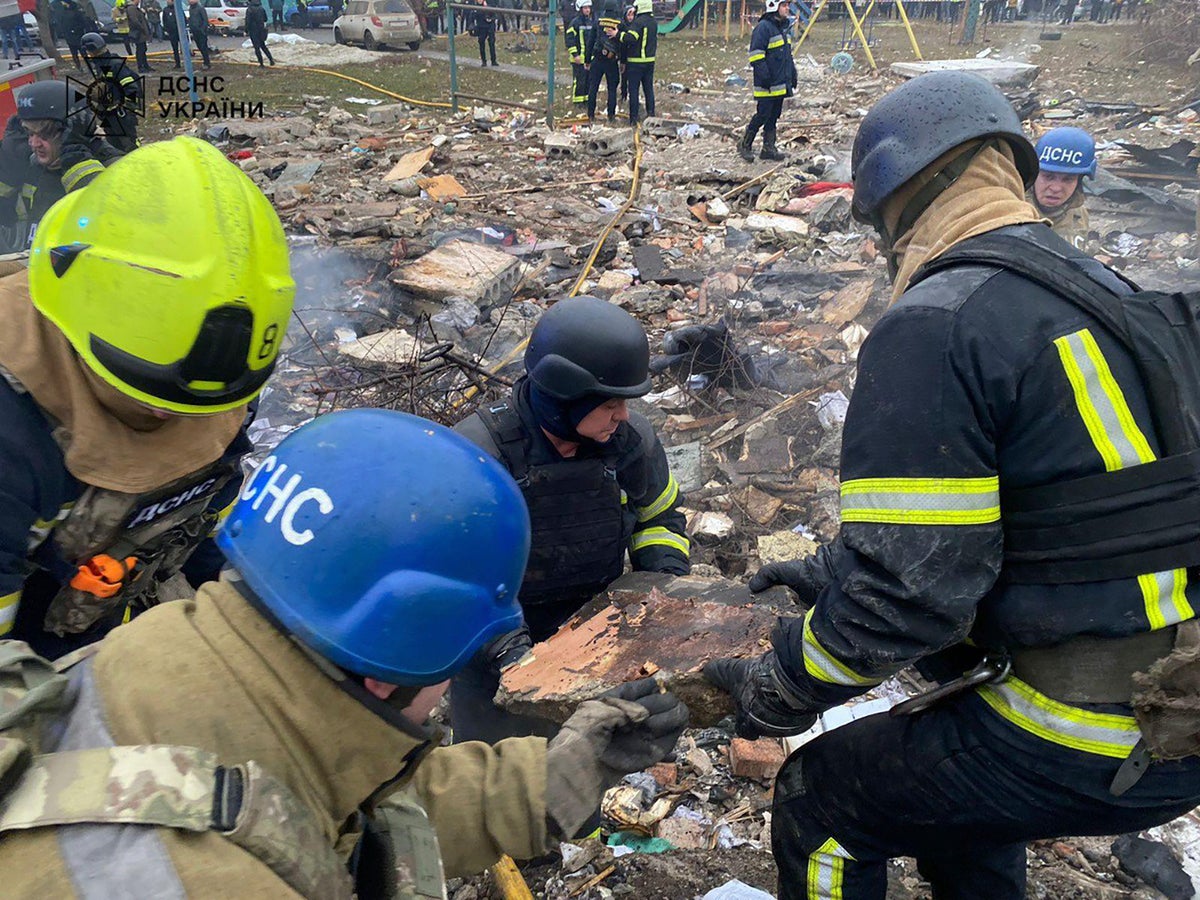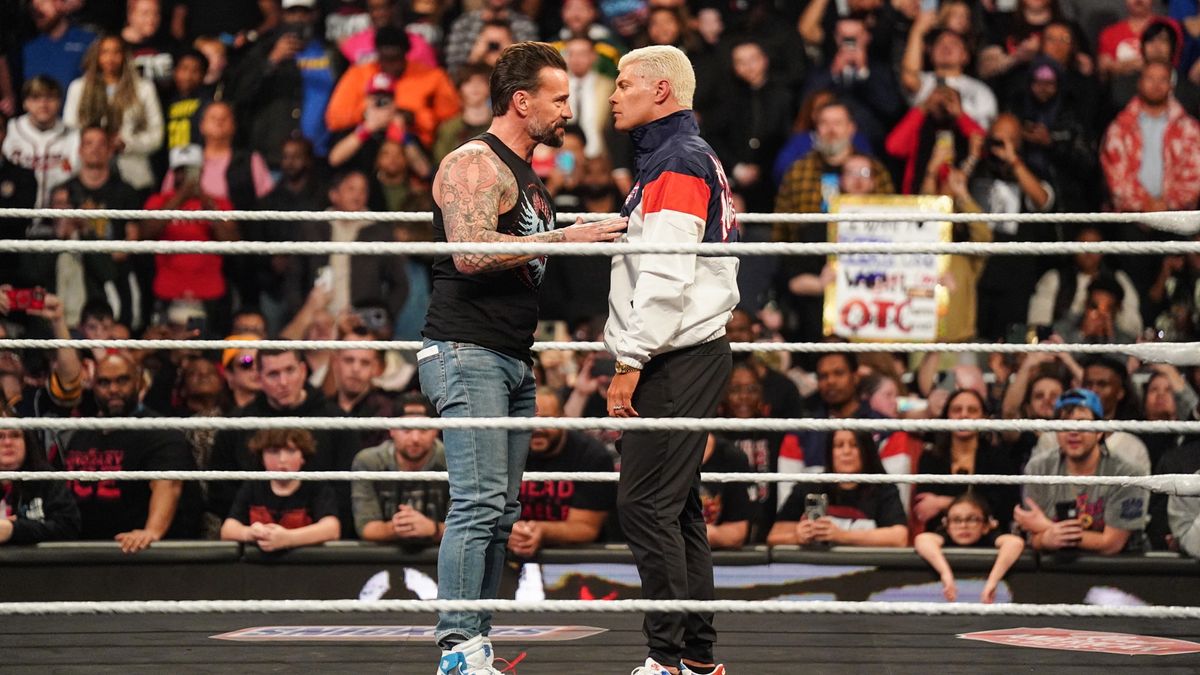Some of the last members of Russia’s threatened indigenous peoples are dying on the battlefields in Ukraine. Thousands of men being fed into Vladimir Putin’s war machine are failing to return home alive, according to human rights defenders. Recruits from a reindeer herding community around 2,000 miles from the frontline are among those who have been conscripted or promised large payments to join the military.

One representative of the indigenous peoples warned that they are facing a ‘generational’ crisis due to the ‘dramatic’ numbers who are dying in the all-out invasion of Ukraine. The fate of those being mobilised, who are mainly drawn from the north, Siberia and far east, was revealed this week by the testimony of a 19-year-old soldier taken prisoner by Ukraine.
![[Yamal Peninsula in proportion to Ukraine]](https://metro.co.uk/wp-content/uploads/2025/02/SEI_240561964-ee5d.jpg?quality=90&strip=all&w=646)
The injured man, whose Nenets people traditionally herd reindeer in the remote Yamal Peninsula, surrendered after special forces troops threw grenades into a shattered basement where he and two comrades had taken cover. The teenager, whose name is given as Dmitry Yaptik, says ‘the Nenets population…is dying out’ and others in the community who were mobilised with him had all died.
![[Putin calling up indigenous people 3,500 miles from war to 'die in their thousands']](https://metro.co.uk/wp-content/uploads/2025/02/image-1-a89b-e1739979258581.webp?w=250)
Dmitry Berezhkov, editor-in-chief of the Indigenous Russia website told Metro he has lost people close to him after they left to fight in Ukraine. ‘The casualties are having a tragic impact on the entire population of the indigenous people in Russia, which will continue for many generations to come,’ he said.

‘For example, in my own nation, the Itelmen nation, we have only a population of around 2,200 people so even several people dying in this war is a huge loss for us, especially in the northern villages. ‘My cousin has disappeared in the war and a friend I knew for decades has been killed. Every indigenous family has been impacted by the war, in one way or another.’.

Men from the Yamalo-Nenets and Komi regions were enlisted under Putin’s so-called partial mobilisation in September 2022, which the Kremlin said only applied to people with previous military experience. At the time, indigenous people of different ages and ethnic backgrounds were shown in photos shared by the Yamal-Nenets regional government as they gathered at a health centre preparing to travel to training camps.

The International Committee of Indigenous Peoples of Russia, to which Mr Berezhkov belongs, appealed to those in line for mobilisation to ‘continue the traditions of their ancestors’ and not to perish ‘at the behest of Putin.’. The organisation described the people, who belong to around 50 groups, as hunters, fishermen and reindeer herders.
![[An entire Russian brigade command was wiped out in a devastating Ukrainian HIMARS missile strike in Selidove, Donetsk region, say reports from both sides of the conflict.]](https://metro.co.uk/wp-content/uploads/2025/02/SEI_239024091-4e62-e1739979496458.jpg?quality=90&strip=all&w=646)
Their rugged attributes have led to them being sent to the hottest parts of the front, with the resulting attrition rate being so high that Indigenous Russia has warned that ‘representatives of peoples who are already on the verge of extinction are dying.’.

The Nenets, who live in the Siberian Arctic, have been used as little more than cannon fodder according to multiple accounts. One member who has not returned is Andrey Laptander, 36, who is said to have been recruited from prison and to have died during the Russian capture of Bakhmut in 2023.
‘The Nenets already know how to hunt, fish, handle weapons and generally survive in the outdoors, so they are used in the more dangerous places on the front,’ Mr Berezhkov said. ‘They are also met with uncaring commanders who view troops they think do not look like Russians as expendable and send them out on attacks.’.
The deployment of indigenous people to the frontline has continued outside of the Russia-wide mobilisations, Mr Berezhkov told Metro. Exact figures are hard to come by, not least because Moscow has designated the committee and other activists and human rights defenders representing indigenous people as ‘extremist’ organisations.
The United Nations has said the peoples are one of the federation’s ‘most marginalised and vulnerable population groups’ and described the outlawing of their representatives as persecution. Mr Berezhkov has taken political asylum in Norway, where he lives in Tromso, in common with other advocates of indigenous peoples forced to live in exile outside of Russia.
Yana Tannagasheva, a member of the Shor people, has described Russia as an ‘aggressive coloniser’ that is using the ethnic groups to further its war aims and enrich itself from natural resources on land where they have lived since ancient times. ‘Most of the Nenets people from Yamal are going to war through voluntary contracts and from jails,’ Mr Berezhkov said.
‘It’s hard to gather statistics because of state secrecy and pressure from the Russian government, which unfortunately stipulates us as a terrorist organisation, so it’s a crime for people to help us when we try to gather data. ‘We understand that the rate of casualties among the Nenets and other indigenous people is much higher than among other local populations in Russia.































